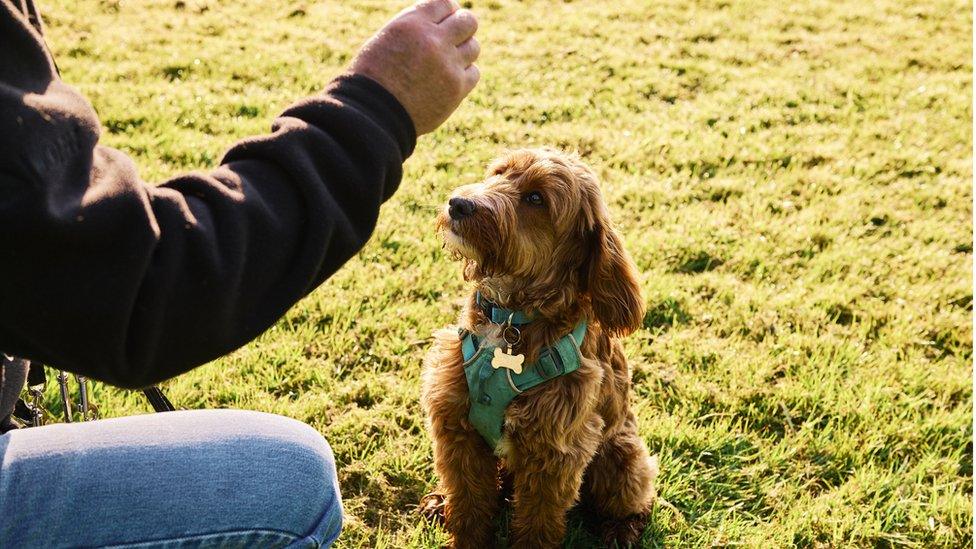Animal charity 'facing crisis' over demand for help
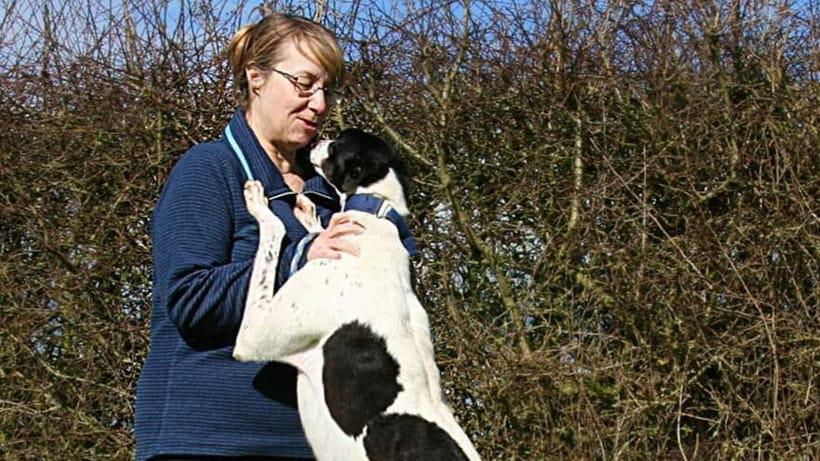
The Greyhound Gap rescue charity is "drowning in dogs", founder Lisa Cartwright says
At a glance
A rescue charity says it is "drowning in dogs" with huge demand for its help
About 60 dogs are housed at Greyhound Gap, Staffordshire, with a waiting list for another 100 animals
The Covid-19 pandemic and the cost-of-living crisis is behind the pressures, founder Lisa Cartwright says
She has urged owners to make more of a commitment to looking after their pets
- Published
The country is in the middle of a huge animal welfare crisis due to the Covid-19 pandemic and cost-of-living pressures, an animal rescue charity says.
Greyhound Gap in Kidsgrove, Staffordshire, has about 60 dogs in its kennels and a waiting list for about 100 more, founder Lisa Cartwright explained.
Pet ownership surged during the pandemic and owners then struggled with mounting financial stress.
"We are drowning in dogs," Ms Cartwright said.
"We are probably locked in the midst of the biggest animal welfare crisis that I've known in my 23 years of rescue history."
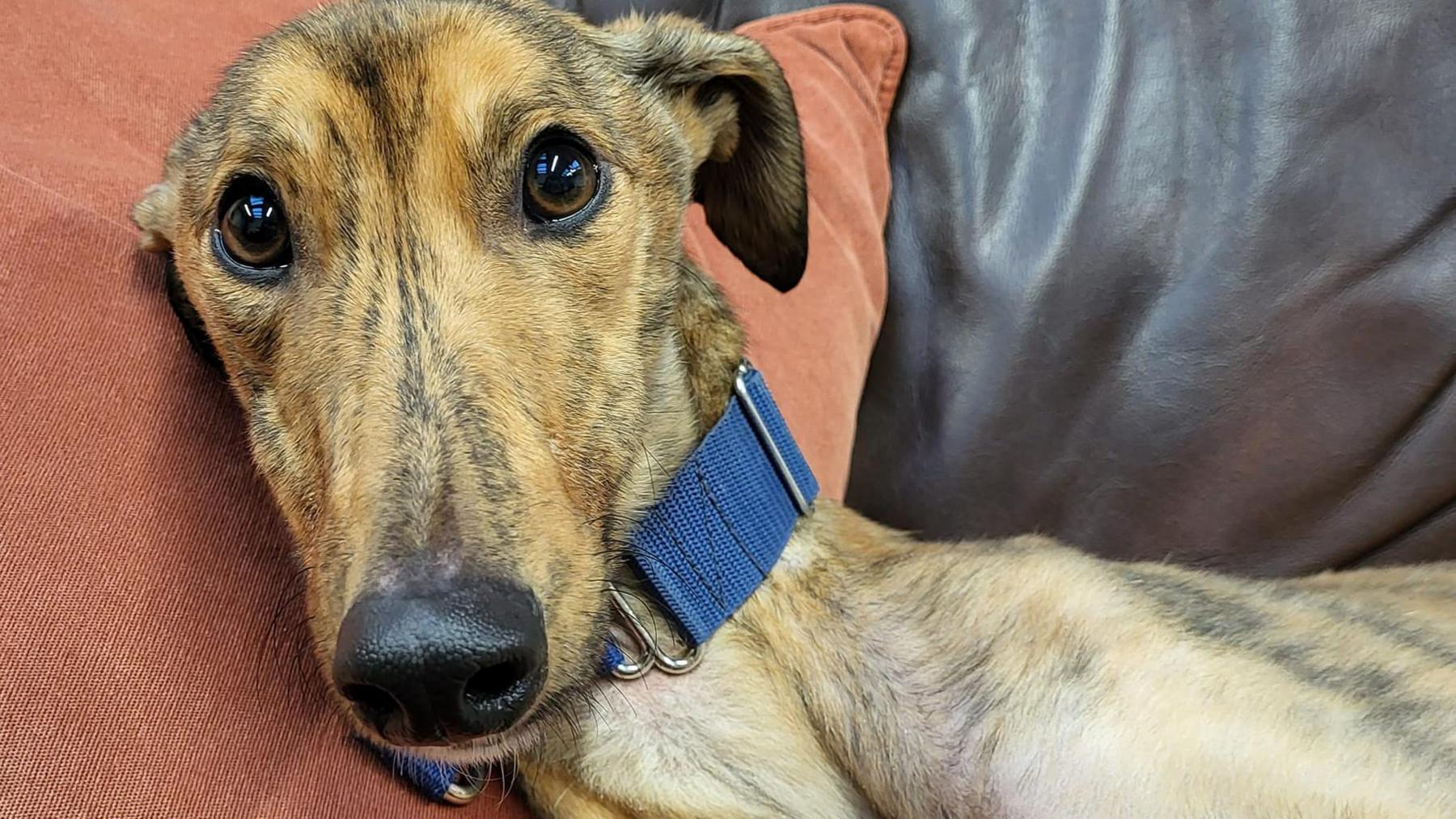
The Covid-19 pandemic followed by the cost-of-living crisis has seen a huge increase in requests for help from the charity, it says
The charity says it is seeing large numbers of puppies coming into its centre plus young dogs with behaviour issues.
"It just needs to stop," Ms Cartwright said. "All these people who took these dogs and made this commitment during Covid need to be better owners to these dogs.
"They need to work with the dogs and find solutions for the behaviours they created because we just cannot sustain the dogs in this country coming into the rescue industry."
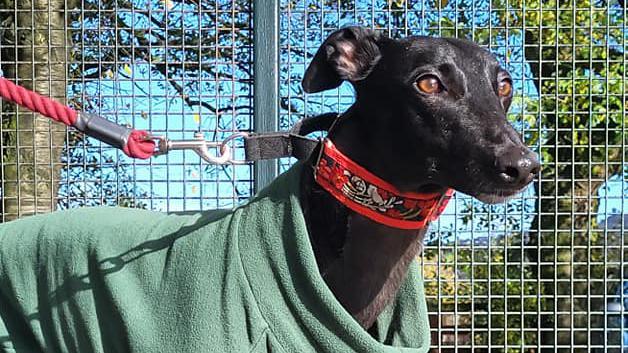
Greyhound Gap has about 60 dogs in its base in Kidsgrove, Staffordshire, with a waiting list for more than 100, Ms Cartwright says
An extra 3.2m households across the UK bought a pet between 2020 and 2021 during the pandemic, with many taking the opportunity to get a dog while working from home.
The subsequent cost-of-living crisis meant owners struggled to buy pet food and cover medical bills including simple treatments, Ms Cartwright said.
"We are seeing dogs coming in bald with mange that are taking a lot of time to get back healthy which again bed-blocks," she added.
The charity relies on donations and needs, Ms Cartwright says, between £30,000 and £40,000 each month to keep running.
But with a long waiting list, Ms Cartwright said the charity faced "really tough decisions" in the future if dogs came in with a need for several years of therapy.
"We are going to have to start to look at [whether] we can justify that time," she warned.
Follow BBC West Midlands on Facebook, external, Twitter, external and Instagram, external. Send your story ideas to: newsonline.westmidlands@bbc.co.uk, external
Related topics
More like this story
- Published18 April 2023
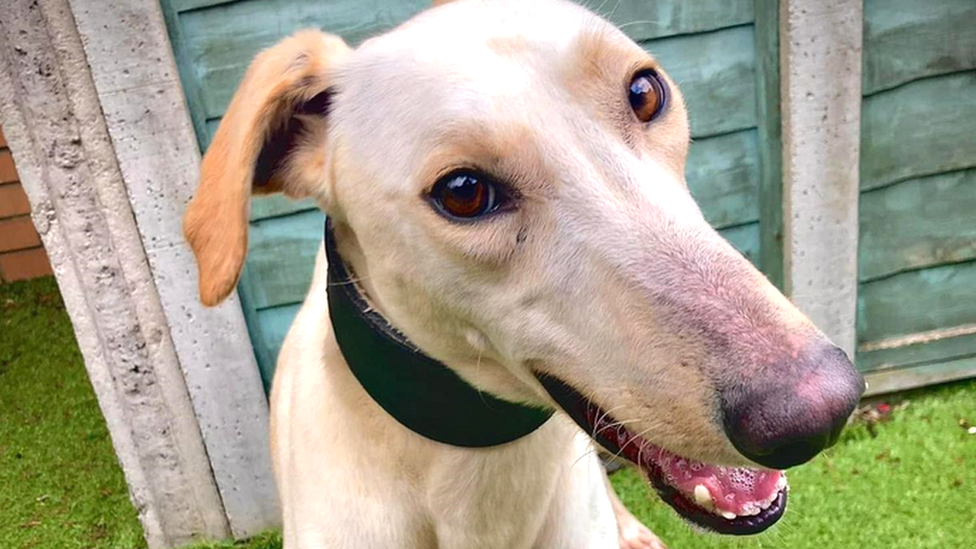
- Published12 January 2023
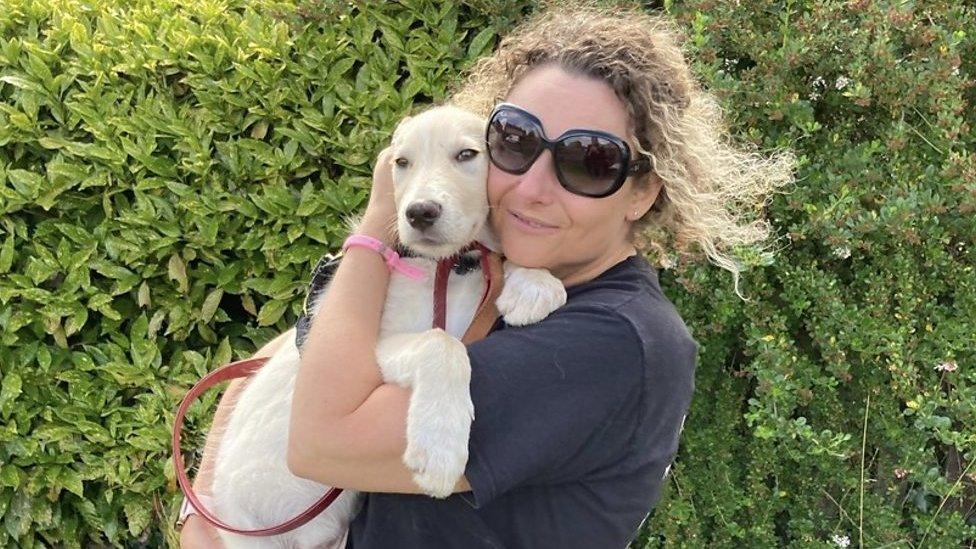
- Published5 March 2023
